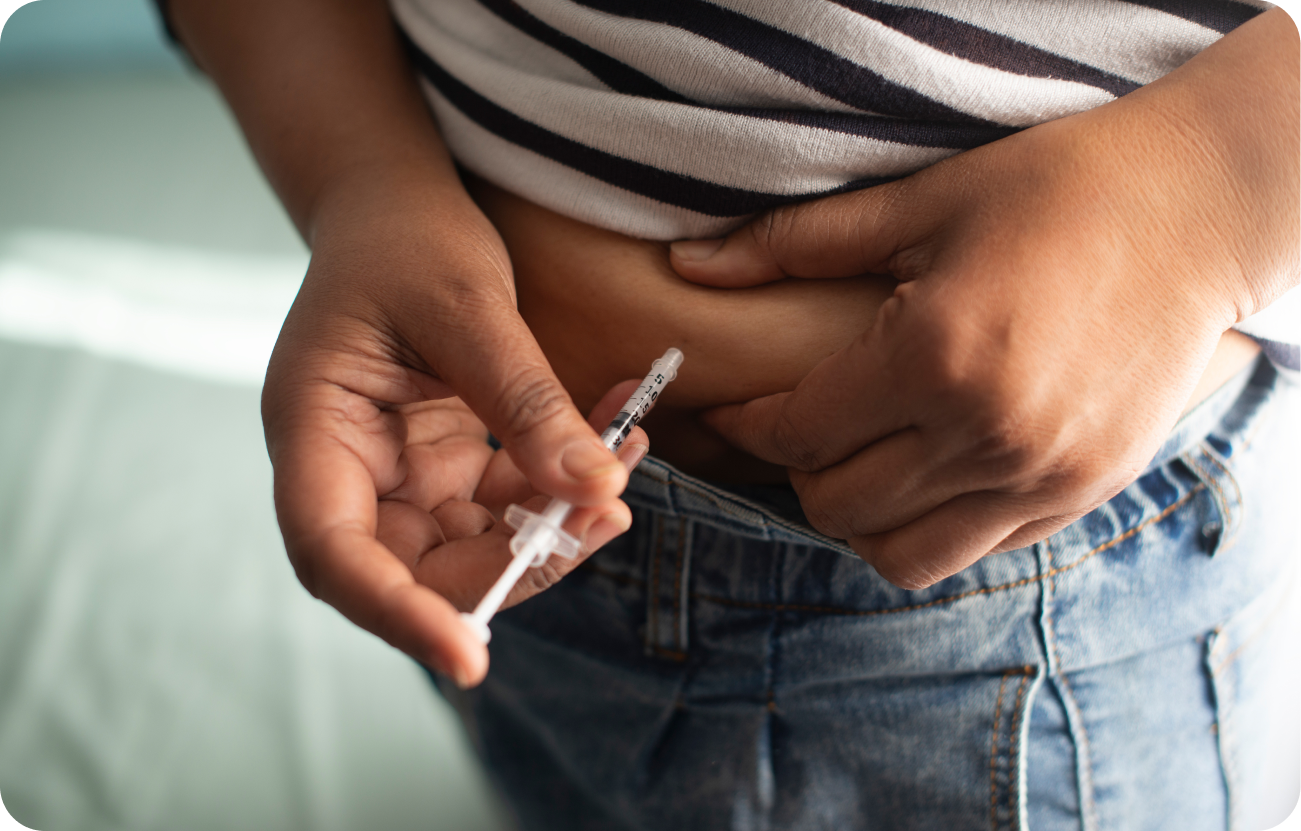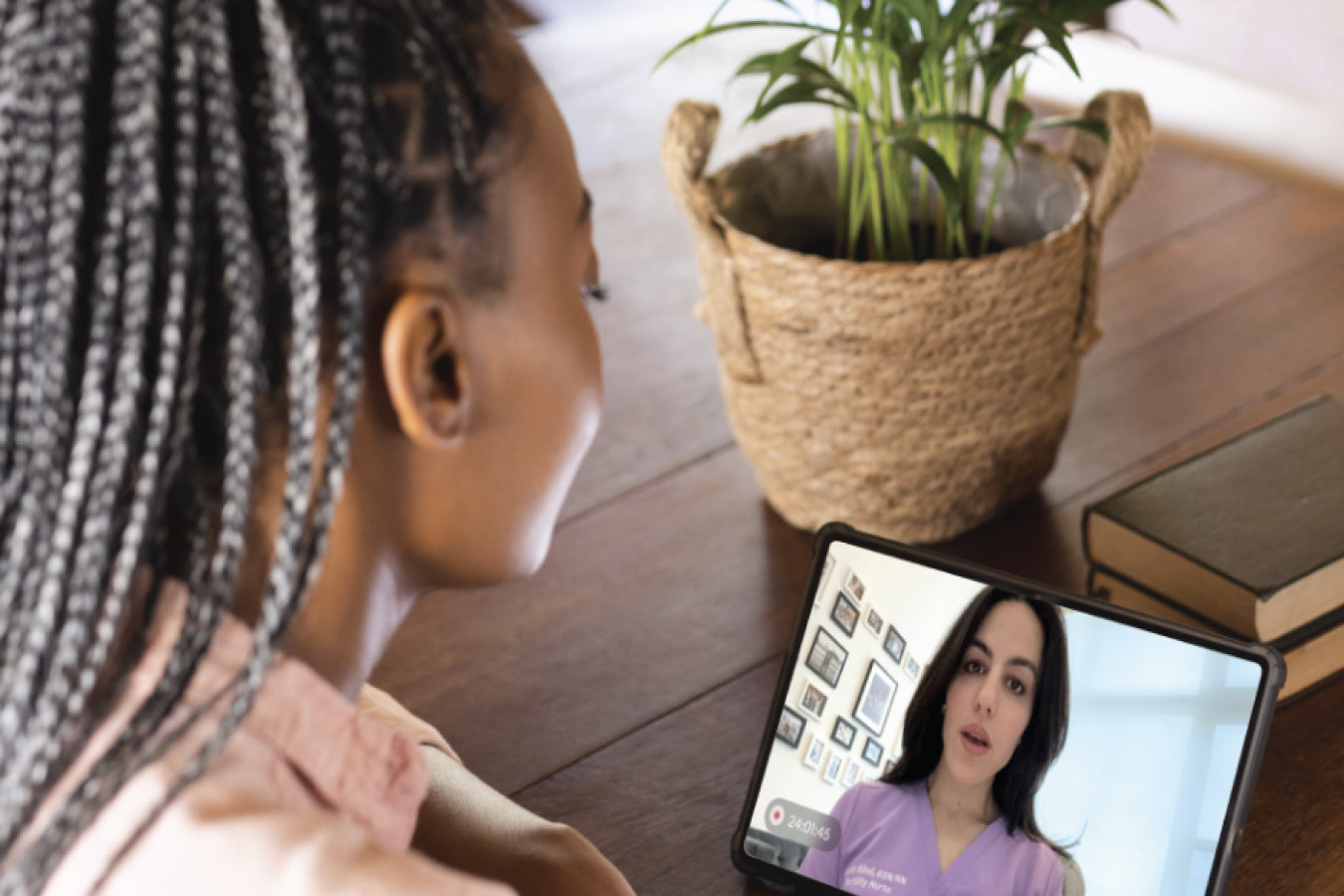If you’re preparing to take your trigger shot, understanding how it works and what to expect can be reassuring. Here’s a friendly guide to help you get familiar with the role of hCG, its timing, administration methods, and common side effects, all explained by fertility nurse and co-founder of Dandi Fertility, Leyla Bilali.
What is the Trigger Shot in IVF?
The trigger shot, often containing hCG (human chorionic gonadotropin), is an essential step in your IVF cycle.
It’s given to induce ovulation at just the right time. Once your follicles reach a good size and are mature, your fertility clinic may prescribe an hCG trigger shot alone or in combination with another type of trigger medication, Lupron, to make sure your eggs are ready for retrieval.
Timing the Trigger Shot
The trigger shot is unique because it’s extremely time-sensitive as far as timing goes. You’ll typically only take it once, and the timing is essential. Your clinic will give you a specific time for your shot, like 11:20PM, which corresponds precisely to your scheduled egg retrieval, usually about 36 hours later. In some cases, if both hCG and Lupron are part of your trigger, you may take one and then the other a few hours apart, but your clinic will guide you on this.
Why is Timing Your Trigger So Important?
Timing the trigger shot is crucial for a smooth retrieval process. Missing the assigned time or delaying the shot can throw off the timing of your retrieval, potentially leading to early ovulation, which means some eggs might be lost before they can be collected.
That’s why clinics emphasize sticking closely to your given schedule. If you’re worried about timing, set reminders or alarms to help ensure you stay on track.
Where to Inject the Trigger Shot
Your clinic may instruct you to administer the hCG trigger shot in one of two ways:
- Subcutaneously (just under the skin), similar to other IVF meds.
- Intramuscularly (into the muscle, often the glutes) for a deeper delivery.
Your clinic’s preference will depend on their protocol and what they believe will work best for you. We recommend bringing Dandi Shot Targets to your appointment so a clinician can mark exactly where to inject
Possible Side Effects of the hCG Trigger Shot
Most patients experience headaches and cramping in response to the trigger shot, which makes sense since these effects are related to the ovulation process. While it’s normal to feel some discomfort, your clinic or your Dandi Care nurse can suggest ways to alleviate it if it becomes too bothersome.
You can also address the pain and discomfort of your actual injections by numbing the area prior to injecting.
You’ve Got This and We’ve Got Your Back!
The trigger shot may feel intimidating, but remember that it’s a crucial part of preparing for your egg retrieval. The trigger shot will mature all of those eggs that have been developing so that come retrieval day, you hopefully have mature eggs to either fertilize or freeze for later use.
Staying informed, following your clinic’s guidance on timing and administration, and knowing what to expect can make the process a bit easier. With every step, you’re moving closer toward the end goal in your IVF journey.
If you have any concerns about the trigger shot or its timing, don’t hesitate to reach out to your fertility team—they’re there to support you through every stage. If you need extra support or one on one time with a fertility nurse, schedule a video chat with one of our fertility nurses at Dandi! That’s what they’re here for - to support you through this process!








